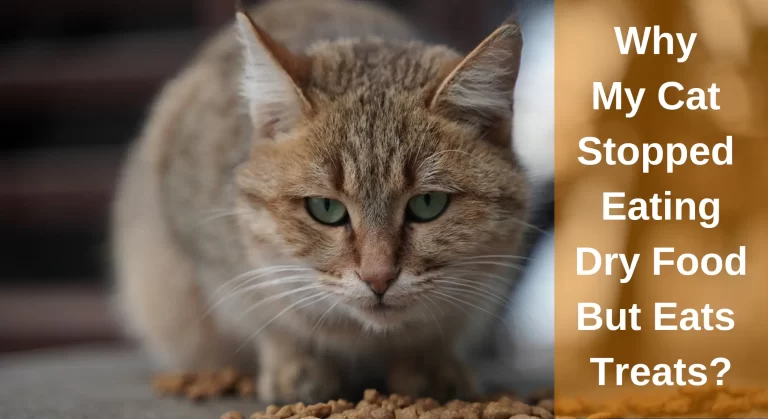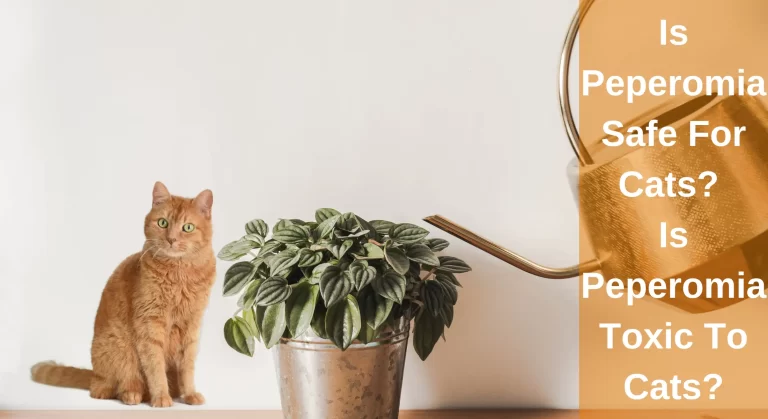Can Cats Taste Spicy Food? Understanding Cats’ Tolerance for Spicy Cuisine
When it comes to our favorite dishes, many of us can’t resist adding a little spice to enhance the flavors. The tangy kick of chili peppers or the warmth of aromatic spices can make our taste buds dance with delight. As a cat owner, you might be curious about what flavors your feline friend can perceive. It’s a common question among cat owners. While cats are known for their picky eating habits, some may be curious about spicy food. Can Cats Taste Spicy Food?
Cats can not taste spicy flavors but they can smell them, their taste buds are not as sensitive to spiciness as humans. They lack certain taste receptors that allow them to fully experience the spiciness in foods. The spiciness in food comes from capsaicin, which is found in chili peppers. If they consume spicy food capsaicin can irritate the cat’s stomach and intestines, and can even cause vomiting and diarrhea, so it’s best to avoid feeding them spicy foods.
it’s important to remember that their digestive systems are different from ours. Some spices, such as garlic and onion, can be toxic to cats and cause digestive upset. In this article, we will explore whether cats can taste spicy food, the potential risks of feeding them spicy food, and what types of spices are safe for cats to consume.
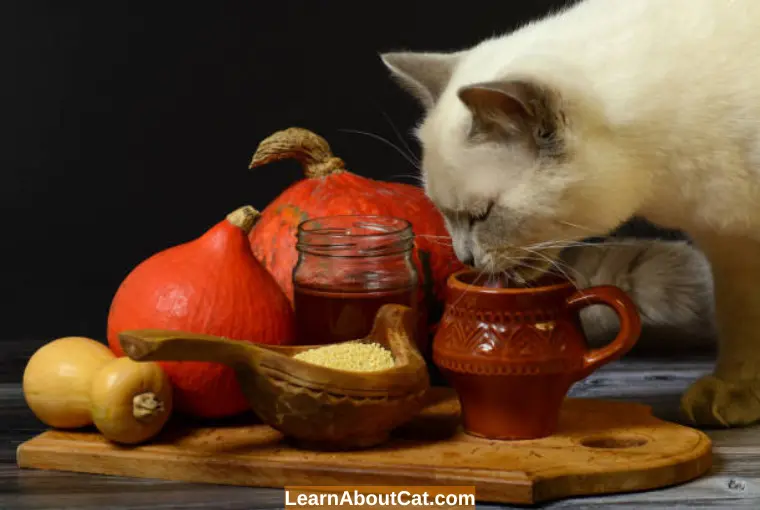
Understanding the Taste Buds of Cats
Before we can determine if cats can taste spiciness, it’s important to understand their taste buds. Cats possess taste receptors that are similar to ours, although there are some notable differences.
Differences Between Human and Cat Taste Buds: The Science Behind Cat Taste Buds
Cats have much fewer taste buds than humans or even dogs do. Dogs only have roughly 1,700 taste receptors in comparison to humans, who have 9,000. Comparatively speaking, cats only have approximately 470 taste buds.
Cats lack sweetness receptors which means they can’t taste certain things like sweetness. However, cats are highly sensitive to the taste of protein and can detect it even in small amounts.
Can Cats Taste Spicy Food? How Do Cats Taste Spicy Food?
Cats Cannot taste spicy food as humans do. Cats are obligate carnivores; they do not have the ability to taste spicy or sweet, which is usually associated with carbs. Most of their diet consists of protein from meat, rather than carbohydrates.
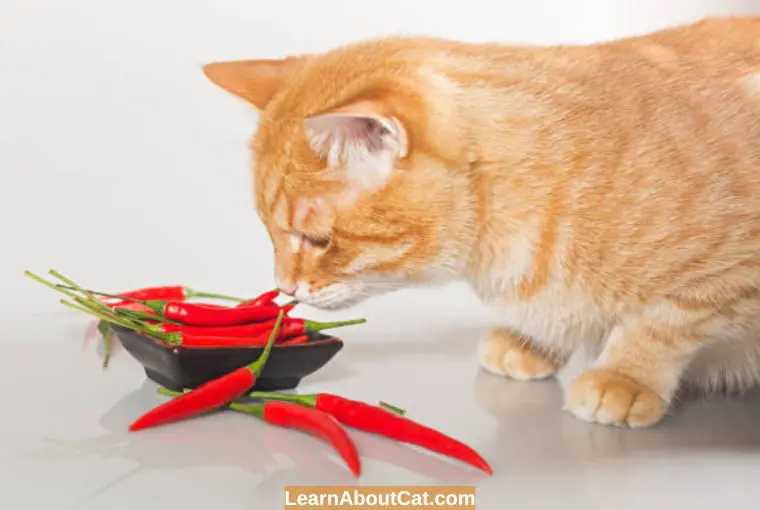
Research suggests that cats are more resistant to the effects of capsaicin. The receptor responsible for detecting capsaicin, known as TRPV1, is less responsive in cats compared to humans. As a result, cats may not experience the same intense burning sensation when consuming spicy food.
Although cats cannot taste spicy food, they can still smell its flavors sour, bitter, salty, and umami despite having fewer taste receptors than other mammals. The cat has an unusually sensitive sense of smell, which is likely a contributing factor to this.
Even though cats can’t taste it, can cats eat spicy food? And if so, how about all the many hot meal options? Can cats eat hot foods? Can cats eat jalapenos? What about hot foods, like black pepper and wasabi?
Technically speaking, cats can eat anything. They put a variety of things in their mouths since they are very curious creatures. The better question to ask is, “Should cats eat spicy food?” The answer to this query is no.
Check Out: Can Cats Eat Hot Cheetos?
Can Cats Eat Spicy Food? Should Cats Eat Spicy Food?
No, cats should not eat spicy food it’s not recommended. Spicy food can cause discomfort, digestive issues, and potential health risks for cats. Their digestive systems are not designed to handle the intense flavors and ingredients found in spicy cuisine.
It is best to provide them with a balanced and appropriate diet specifically formulated for their nutritional needs.
If your older cat is drinking but not eating, it may have burned its mouth from the hot food. They are trying to cool it by drinking a lot of water.
Are Spicy Foods Harmful to Your Cat? What Happens When Cats Eat Spicy Food?
Although cats may not perceive spiciness in the same way we do, they can still experience some negative effects if they eat spicy food. Here’s what you need to know about what happens when cats eat spicy food.
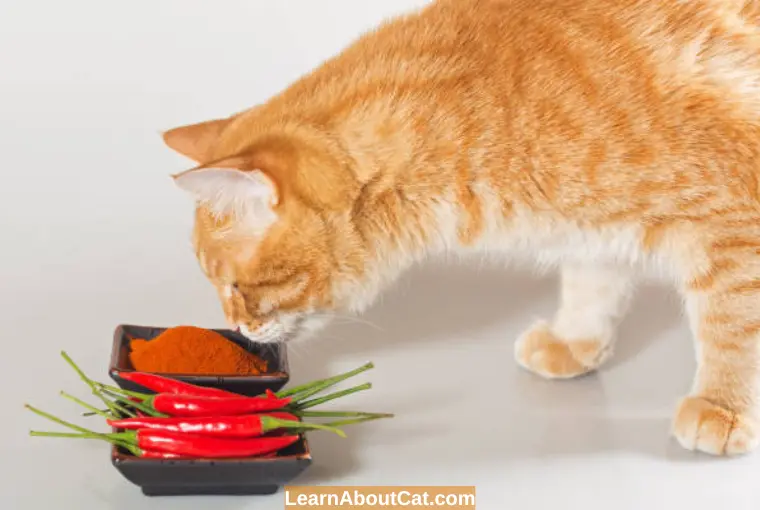
1. Digestive Issues because of Capsicum
A common element in virtually all spicy dishes is cayenne. A sizable quantity of capsicum is included in hot sauce, jalapenos, chilli peppers, and many other specially prepared meals.
Capsicum contains glycoalkaloid solanine, often known as solanine. This chemical is created when your cat eats chilli or other spicy food. Cats are not able to handle the chemical solanine.
Cats who eat spicy food are at risk of developing digestive issues, such as an upset stomach, vomiting, lethargy, and diarrhea. This is caused by the compound responsible for making spicy food spicy, called capsaicin.
Too much spicy food can be harmful, and some cats may get away with a little taste now and then. Still, it’s best to avoid feeding your cat spicy food altogether to prevent digestive problems.
Usually, when my cat eats hot food, it feels sick and throws up or has loose bowel movements. This continues until the heated food is completely out of its system. It also causes my cat’s poop to have a really bad smell. Their waste shows that their body can’t handle the heat!
2. Oral Discomfort
I highly recommend avoiding spicy foods for your beloved cat because they can cause oral discomfort. Even though cats cannot taste the spiciness, they can still feel the burning sensation.
If you notice that your cat is not showing interest in eating but is still drinking water, it could be a sign that its mouth has been burned by spicy food. To alleviate the discomfort, they instinctively drink more water to cool down their mouth.
Similarly, if your cat’s eating habits have decreased while their behavior remains normal, it may indicate that their mouth is in significant pain. During this time, their appetite might be reduced until their taste buds recover.
The discomfort caused by spicy foods can also lead your cat to spit out or regurgitate the food. It is recommended not to prevent a cat from vomiting after consuming spicy food as it helps them avoid gastrointestinal upset and potential toxicity.
Additionally, it’s important to monitor your cat’s fluid intake. In some cases, consuming spicy food may discourage cats from drinking water, and unless they have access to moist food, they may not receive adequate hydration. While this situation is rare, it’s good to be aware of it.
3. Additional Hazardous Materials – Poisonous Flavors
Capsaicin is not the only thing to be concerned about when it comes to spicy foods. There are several potentially dangerous ingredients in spicy food that are poisonous to cats!
Onions and garlic are two common examples. These are used to improve flavour in a range of human meals, including spicy meat and hot sauces. More so than capsicum, both onions and garlic are particularly harmful to cats. Even a small amount ingested of them significantly increases the chance of poisoning.
Find Out: Can Cats Eat Goldfish Crackers?
Why Are Some Foods Spicy?
The capsaicin component provides food with its spiciness. Capsaicin is thought to have been produced by chilli peppers to improve the taste. With the exception of birds, all creatures that consume it experience pain receptor irritation.
Because of this, most animals stay away from it, with the exception of flying creatures that can spread the chilli pepper’s seeds far.
Your cat may feel the heat even if they are unable to taste it when they consume it. Pain receptors get activated due to this component. On the other hand, your cat only feels the agony brought on by ingesting habaneros.
Can You Give a Cat Food With Spices? Is it Safe to Give a Cat Food With Spices?
Feeding a cat food with spices should be approached with caution. While some spices may be safe in small quantities, it’s important to consider the potential effects they can have on your cat.
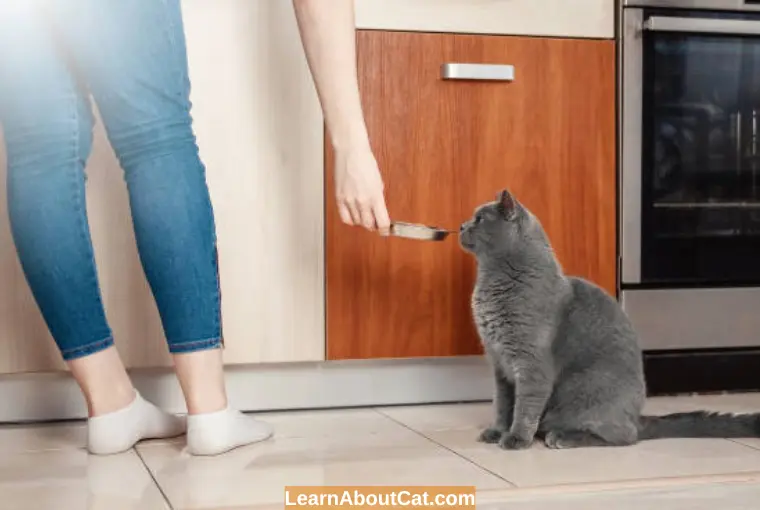
1. Curry
While it’s understandable that your cat may be enticed by the strong aroma and meat content of curry, it is not advisable to feed it to them. The spices used in curry and the overall spiciness can vary significantly. While a mild korma may not pose a severe risk, spicier curries like jalfrezi can potentially harm your cat’s mouth and digestive system.
Moreover, most curries contain ingredients such as onions and garlic, which are not suitable for feline consumption. Additionally, curries are often high in fat, which can be detrimental to your cat’s health and lead to unhealthy weight gain.
2. Pumpkin spice
Cinnamon, ginger, cloves, and nutmeg are the ingredients in pumpkin spice. Most of these are harmful to cats. Cinnamon, among other things, can irritate the tongue and lead to diarrhoea, liver, and heart problems.
Nutmeg’s myristicin can cause cats to have hallucinations, have high blood pressure, have a rapid pulse, and have stomach aches. Ginger causes stomach problems and lethargy.
3. Hot Sauce
Cats should not consume hot sauce. While we may find hot sauce appetizing and flavorful, it is not the same for cats. Adding hot sauce to your cat’s food will likely discourage them from eating it rather than enticing them.
Hot sauce is made from chili peppers, which contain capsicum that can cause digestive issues for cats. Additionally, many hot sauce recipes include salt and other ingredients to enhance the taste. While licking a small amount of hot sauce off a spoon may not cause significant harm to your cat, it is important to avoid giving them a large quantity.
4. Pepperoni
If you’re considering giving your cat a small piece of pepperoni, it’s best to reconsider. Despite being a meat product, pepperoni contains a significant amount of sodium. The high salt content in pepperoni can pose a risk to your cat’s kidney health.
Additionally, cured meats like pepperoni and salami undergo air-drying and fermentation processes, which can introduce harmful bacteria. As a result, these meats may contain trace amounts of bacteria that could be harmful to your cat.
The Best Way to Keep Your Cat from Begging for Spicy Food
To discourage your cat from begging for food, it is important to establish boundaries and train them accordingly. Here are some tips to help curb your feline’s begging behavior:
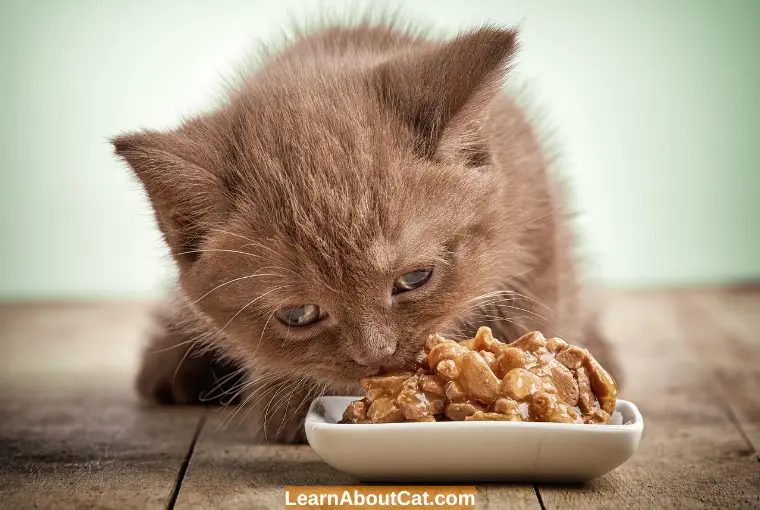
- Don’t give your cat human food. I highly advise against giving your cat human food. Not only can certain types of people’s food be harmful to cats, but allowing them to sample your food will encourage begging behavior. Whenever possible, it is best to provide your cat with food and treats specifically formulated for feline consumption.
- Schedule your cat’s meals slightly earlier: Plan your cat’s meals to start a little before your own mealtime. If your cat has recently eaten, they are less likely to beg for food from you. After eating, cats often tend to nap or groom themselves rather than linger around the food bowl and pester you for more.
- Establish a no-cats zone in the dining area: If possible, designate the dining room as a no-cats zone. Keep your cat out of the dining area during meal times to discourage them from begging for food.
- Feed your cat only from their designated dish: Never allow your cat to eat at the dinner table or from your own dish. Only provide cat food in their designated feeding bowl, and ensure that only your cat consumes it.
- Avoid giving your cat spicy food: It is crucial to prevent your cat from pleading to taste your meals, even if spicy food is not inherently toxic to cats. Cats should only consume food that is specifically prepared for them, whether it is homemade with care or produced commercially.
Do Cats Like Spicy Food? Why Does My Cat Seem to Love Spicy Food?
Despite the fact that cats cannot taste spicy foods and capsaicin causes them pain, it remains a mystery why certain cats seem to enjoy spicy foods
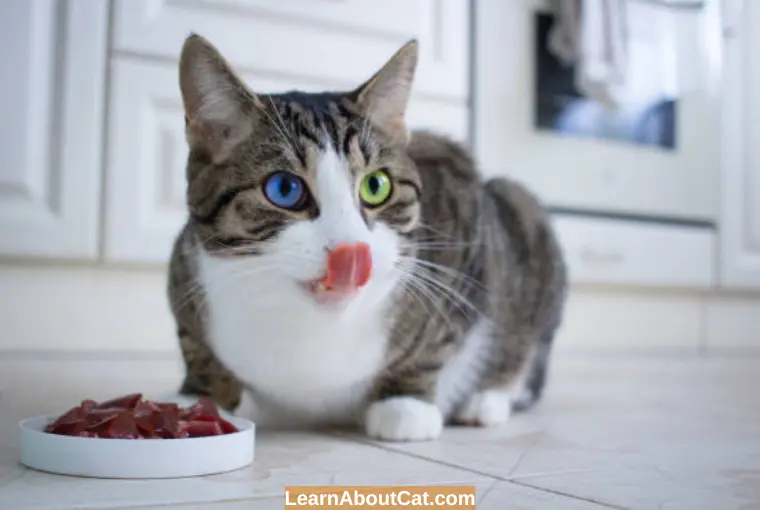
- Attracted by the scent: The scent of spicy food is among the strongest of any we eat. Think about how much more potent the flavours of curries and chilli con Carne are than those of ordinary pasta or vegetables. Cats have a keen sense of smell and use it to “taste” their food. Spicy foods often have strong and aromatic scents that can stimulate your cat’s appetite, even if they can’t fully taste the spiciness. It’s probable that any cats that have eaten it before have taken note of this event.
- Warm temperature: Interestingly, it is also speculated that cats may be attracted to the sensation of heat that spicy foods provide. Cats have a natural preference for warm food due to their evolutionary adaptation to consuming freshly caught prey. Spicy foods, even when not physically hot, might fulfill this preference for warmth.
- Ingredients: Spicy foods commonly include meats like beef, chicken, and lamb, which are appealing to cats. It’s possible that your cat is primarily attracted to the meat content in spicy foods rather than the actual spice itself.
While these theories offer possible explanations, the exact reasons why some cats exhibit a fondness for spicy foods are still unknown.
What are Healthier Alternatives to Spicy Food for Cats?
There are certain items that should only be taken rarely as part of a balanced, healthy diet, keeping in mind that they are treats. These are as follows:
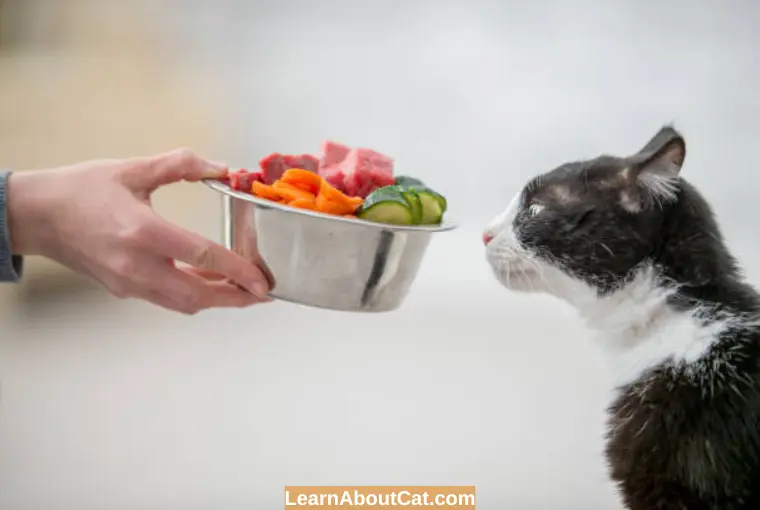
1. Cheese
Cheese is safe for cats to consume as well. It is an animal product high in protein. It contains calcium which supports bone and tooth growth. However, cats should only be given a very small quantity of lactose since they lack the enzymes needed to digest it.
2. Eggs
These are different choices for people who want to give their cat breakfast along with their meals. In the same way as meat, fish, and cheeses are abundant sources of proteins and amino acids, so are eggs. Cats, who need many of these nutrients in their diet, may readily absorb both compounds.
3. Meat
It is protein-based, easy for your pet to digest, and yet gives them the nutrition their bodies need to function correctly.
4. Wholegrains
It may be more of a surprise that cats prefer some wholegrain carbohydrates. These include grains, including brown rice, oats, corn and couscous. Grain “filler” is really often used in commercial cat diets. But due to grains, fatty acids, as well as minerals, get increased in your cat’s diet.
5. Vegetables
Vegetables are often not appealing to cats. Allow your cat to try some veggies, though, if they’re willing! Vegetables are fantastic for your cat since they are also vitamin and fibre-rich. Some veggies that are suitable for your cat to consume are cucumber, broccoli and peas that have been steam-cooked.
6. Fruits
Fruits are a wonderful source of nutrients for your cat, including vitamins and minerals. Fruits can also help your cat keep hydrated since they frequently contain large amounts of water. Bananas, blueberries, and watermelon are nutritious fruits you might feed your cat. Peeled and deseeded apples make a wonderful alternative.
Frequently Asked Questions
How can I spice up my cat’s meals without using spicy ingredients?
You can add variety to your cat’s meals by incorporating flavors like chicken, turkey, fish, or cat-friendly herbs. These options provide new tastes without the need for spicy ingredients.
Can spicy food cause long-term health issues in cats?
Repeated exposure to spicy food can potentially cause long-term health issues in cats, such as gastrointestinal problems or organ damage. It is important to prevent them from consuming spicy food altogether to maintain their long-term health and well-being.
What happens if a cat licks spicy food?
If a cat licks spicy food, it may experience discomfort or irritation in its mouth. Spicy ingredients can cause a burning sensation or irritation to a cat’s sensitive taste buds and oral tissues.
Do cats have receptors for spicy food?
Yes, cats have receptors for spicy food, but they are less sensitive to them compared to humans. While consuming spicy food, cats may not experience the actual taste, but they can certainly perceive its effects. Capsaicin stimulates the pain receptors in the mouth, mirroring the sensation it generates in humans
Can cats smell hot peppers?
Yes, cats have a highly developed sense of smell, and they can detect the strong aroma of hot peppers. The scent of hot peppers may be potent to cats and can influence their overall perception of the food.
What flavor can a cat not taste?
Cats can’t taste sweetness. They have taste buds for sour, bitter, salty, and umami (savoriness), but not for sweetness. This is because cats are obligate carnivores, meaning they need to eat meat to survive. They don’t need to eat carbohydrates, so they don’t have a need to taste sweetness.
Do cats hate spicy smells?
It’s not clear whether cats hate spicy smells or not, but they can have varied reactions to strong or pungent aromas. Some cats may find spicy smells unappealing or overwhelming, while others may be curious or indifferent. It ultimately depends on the individual cat’s preferences and sensitivities.
Final Verdict!
Cats cannot taste spicy food. Although they may be attracted to the smell, warmth, and texture of spicy dishes, they lack the taste receptors to process the complex flavors of spice.
It is important to avoid feeding your cat spicy foods, as they can be harmful to their health. Spices like cinnamon, hot sauce, and curry can cause irritation, inflammation, and even burns in your cat’s mouth and digestive tract. Moreover, spicy foods can lead to vomiting, diarrhea, and dehydration, which can be dangerous for your cat.
To keep your cat healthy and happy, it is best to stick to a balanced and nutritious diet that meets its nutritional needs. You can consult with your veterinarian to determine the best diet for your cat based on their age, weight, and health status. Additionally, you can provide your cat with treats that are specifically designed for them, such as catnip, cat grass, or freeze-dried meat.
Related Posts:
Who is Isabella?
My name is Isabella, and I am a dedicated and knowledgeable cat enthusiast. With years of experience caring for cats and a deep love for felines, I made a mission to help other cat lovers navigate the challenges of cat ownership.

![Why is My Cat Eating Paper? Is It Safe [Explained]](https://learnaboutcat.com/wp-content/uploads/2022/10/Why-is-My-Cat-Eating-Paper-768x419.webp)
![Cat Licks My Food Can I Eat It? [Explained]](https://learnaboutcat.com/wp-content/uploads/2022/07/Cat-Licks-My-Food-Can-I-Eat-It-768x419.webp)
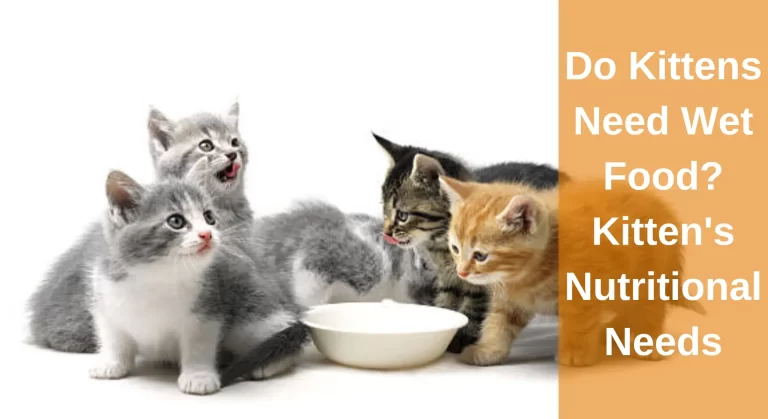
![Are Bromeliads Poisonous To Cats? [Answered]](https://learnaboutcat.com/wp-content/uploads/2023/01/Are-Bromeliads-Poisonous-To-Cats-768x419.webp)
